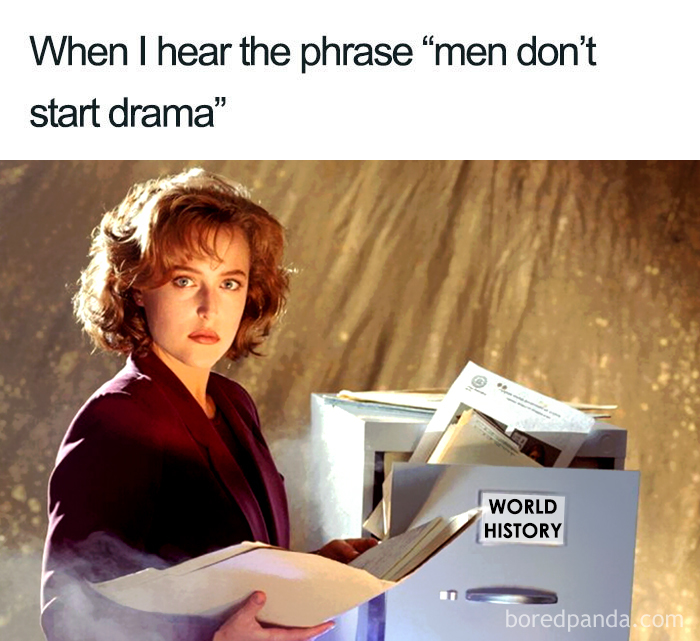As we have done a close study of literary archetypes and how the relate to the Hero's Journey, and in turn to pop culture, I find myself examining the role of the perceived supporting character, or "side kick." Frequently the supporting characters of a story line are written in a way to force them into the background, and yet their story is often more intriguing than the "hero."
I personally enjoy Malory's portrayal of the supporting character in
Le Morte d'Arthur, as the plot provides space to Lancelot. One of the Round Table's most famous nights, Lancelot is a frustrating character; however, he has more redeeming qualities than Arthur. Lancelot, though, is damned from the begin to fail, despite his best efforts to do what he deems as right.
Support for this claim is provided through Arthur and Lancelot's choices in battle and love. Arthur is consistently guided by Merlin when on the battlefield. Merlin councils Arthur to end the battle with the eleven kings (Malory 1, pg. 16) and again when he fights King Pellinore (Malory 1, pg. 23-24). Lancelot, on-the-other-hand, must make these determinations in battle himself: when challenged by Gawain, he cannot betray his former ally and instructs his men to spare the knight (Malory 3, pg. 505).
Arthur has two romantic relationships outside of Gwyenevere: Sanam and Margawse. In both situations Arthur gives into his temptation and as a result born two sons. Lancelot, is pursued by Elaine, but cannot force himself to marry or allow her to commit adulterous acts. Lancelot's "nobility" is entirely a waste, though: both Elaine and Gawain die as a result of his actions. Nevertheless, I personally find Lancelot's struggles more redeeming. Lancelot acts in the interests of others, despite disastrous outcomes. Arthur continually thinks of himself (murdering all children born on May Day). Yet, Lancelot's greatest flaw is his love of Gwyenevere, while Arthur's most redemptive moment is his reveal of awareness of the love and desire to not punish the lovers. These two character's arches parallel one another and distinctively highlight the theme of destiny. Arthur is fated to succeed and die a hero; Lancelot is slated for tragedy.











